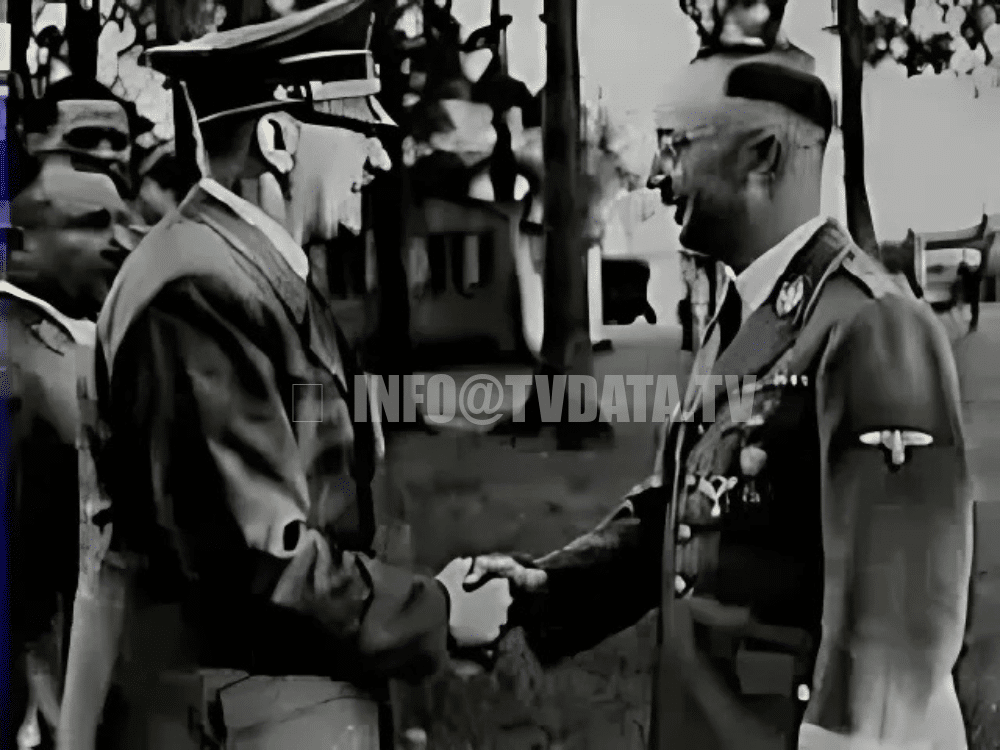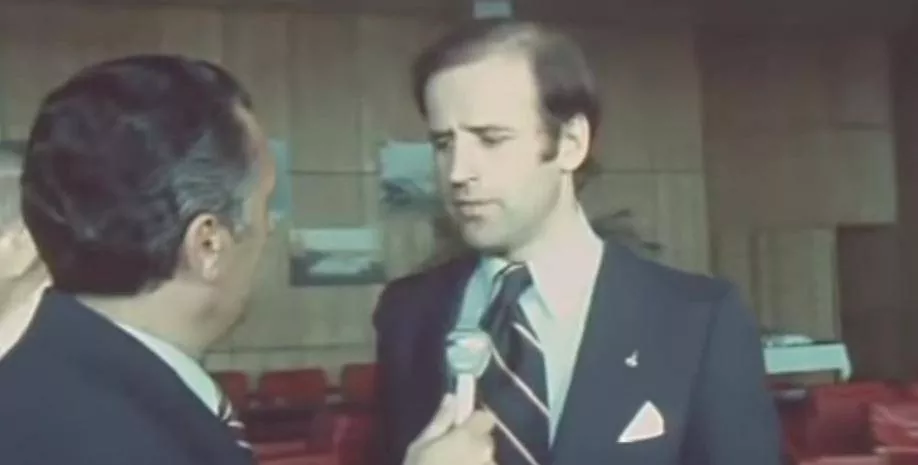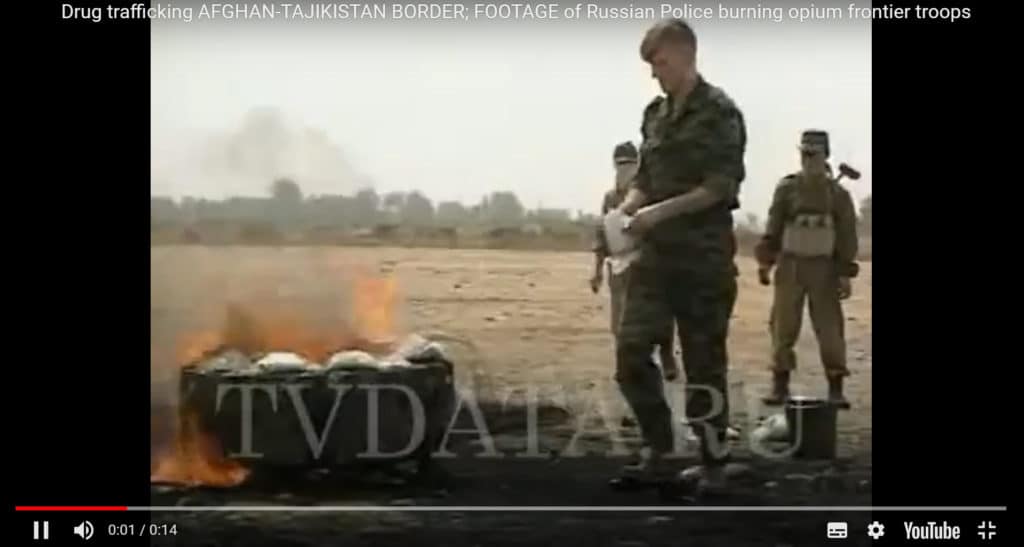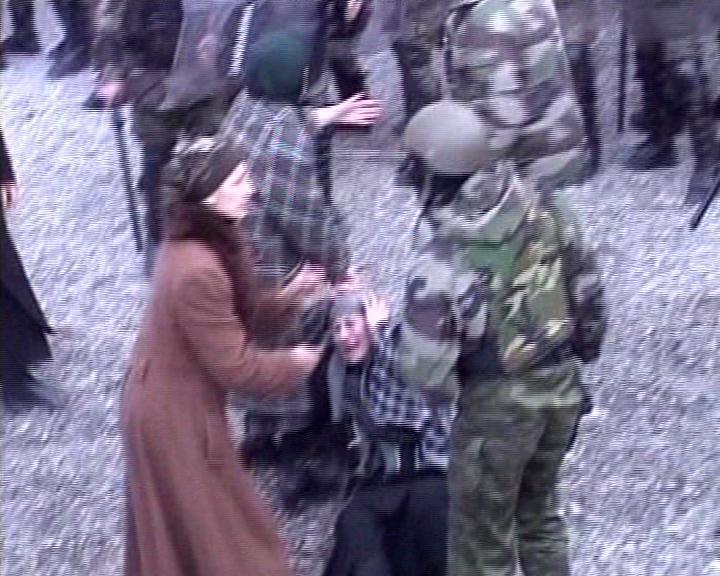Russian President Boris Yeltsin’s Support for the Military and Defense Modernization
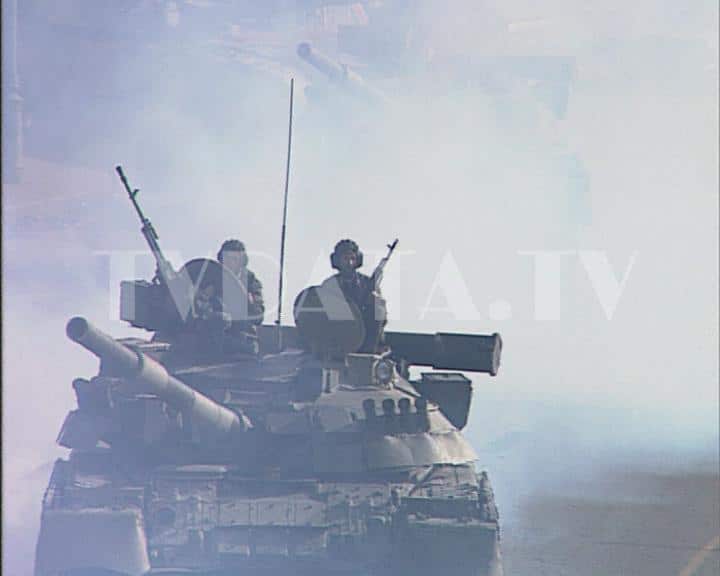
Introduction: In a display of military strength and solidarity, the Airborne Division of the Russian Army showcased their equipment in the city of Tula amidst freezing temperatures. Several battalions from this division had supported President Yeltsin during the suppression of the October coup attempt. Yeltsin, known for his sympathy towards the military, even donned a uniform for the visit, accompanied by the Defense Minister. Recently, the President publicly criticized the Minister, but he now emphasizes his commitment to equipping the Russian army with state-of-the-art weaponry over the next five years. Furthermore, Russia intends to expand its arms exports and strengthen its position as a supplier. Yeltsin maintains that defense capabilities will not be diminished by disarmament and promotes the conversion of military industries into civilian enterprises.
Support for the Military and Defense Modernization: President Boris Yeltsin has consistently demonstrated his support for the Russian military and the modernization of its defense capabilities. By showcasing the military equipment in Tula, Yeltsin sought to emphasize the strength and importance of the armed forces. His visit, alongside the Defense Minister, aimed to solidify his relationship with the military and garner their support.
In his announcement, Yeltsin expressed his commitment to equipping the Russian army with the most advanced weapons available. This pledge underscores the President’s determination to enhance the military’s effectiveness and ensure they are adequately prepared to address contemporary security challenges. By modernizing the armed forces, Yeltsin aimed to demonstrate Russia’s resolve to protect its interests and maintain its status as a significant global player.
Yeltsin also affirmed Russia’s intentions to expand its arms exports and strengthen its position as a supplier in the global arms market.
This move not only generates revenue but also enhances Russia’s influence and strategic partnerships with other nations. By emphasizing the importance of maintaining a robust defense industry, Yeltsin sought to ensure the country’s economic and geopolitical interests were well served.
Additionally, Yeltsin rejected the notion that disarmament and the conversion of military industries into civilian enterprises would weaken Russia’s defense capabilities. He believed that the conversion process, referred to as “konversion,” would not diminish the country’s military strength. Yeltsin argued that the transformation of military facilities into civilian companies would contribute to the economy and national development without compromising defense readiness.
#RussiaDefense #YeltsinSupportsMilitary #ModernizationEfforts #StrongDefenseForce
President Boris Yeltsin’s support for the Russian military and commitment to defense modernization showcased his efforts to maintain a strong and capable armed forces. Through his visit to the Airborne Division in Tula, Yeltsin aimed to secure the army’s backing while highlighting their significance in Russian politics. By prioritizing the acquisition of advanced weaponry and expanding arms exports, Yeltsin sought to strengthen Russia’s defense capabilities and solidify its position as a major player in the global arms market. Furthermore, his endorsement of the conversion of military industries into civilian enterprises underscored his belief that such measures would not compromise national security.
